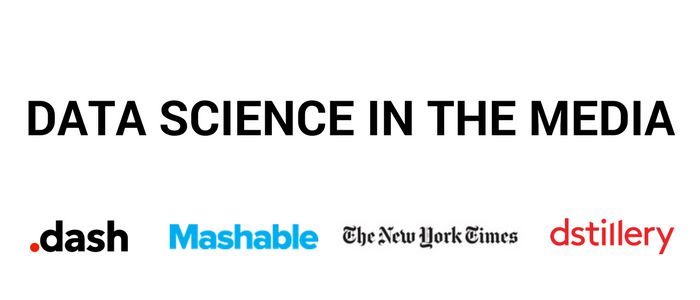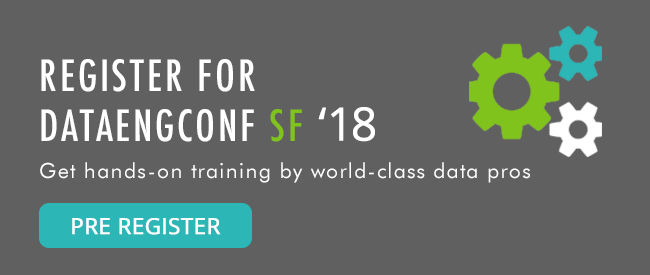Data Council Blog
Data Science in the Media
The past few years have been an interesting time for data science everywhere, and the media in particular! We’ve seen some incredible new technologies emerge, like open-source machine learning platforms, as well as machine learning services. These developments have opened the door for new consumer products, like conversational AIs, and new technologies in the media and advertising industries.
At the same time that new technologies have been emerging, the media environment has changed drastically. We’ve moved from a model where people visit a select set of websites as their source of truth, to a so called “Distributed Content Model,” where media outlets tend to compete for attention on social media platforms. This has introduced a suite of new puzzles to solve.
To top it off, the world of digital advertising, a primary revenue stream for many media companies, has also changed drastically. There are new technologies for advertising and ad distribution, and new problems for data scientists to solve!
Finally, there are more changes on the horizon. The legislation coming out in the EU will effect how data science is done everywhere.
With all of this going on, I’m excited about the media panel we’re hosting at DataEngConf this year in New York. I'm pleased to welcome the following experts from top media companies: Chris Wiggins from The New York Times, Claudia Perlich from Dstillery, Jonathan Roberts from Dotdash and Haile Owusu from Mashable. Please join us at the conference to be there for the conversation!
Subscribe to Email Updates
Receive relevant content, news and event updates from our community directly into your inbox. Enter your email (we promise no spam!) and tell us below which region(s) you are interested in:
Fresh Posts
Categories
- Analytics (15)
- Apache Arrow (3)
- Artificial Intelligence (7)
- Audio Research (1)
- big data (7)
- BigQuery (2)
- Careers (2)
- Data Discovery (2)
- data engineer salary (1)
- Data Engineering (46)
- Data Infrastructure (2)
- Data Lakes (1)
- Data Pipelines (6)
- Data Science (33)
- Data Strategy (14)
- Data Visualization (6)
- Data Warehouse (10)
- Data Warehousing (2)
- Databases (4)
- datacoral (1)
- disaster management (1)
- Event Updates (12)
- functional programming (1)
- Learning (1)
- Machine Learning (18)
- memsql (1)
- nosql (1)
- Open Source (21)
- ops (1)
- postgresql (1)
- Redshift (1)
- sharding (1)
- Snowflake (1)
- Speaker Spotlight (5)
- SQL (2)
- Startups (12)
.png?width=347&height=97&name=Data%20Council%20AI%20logo%20(1).png)

